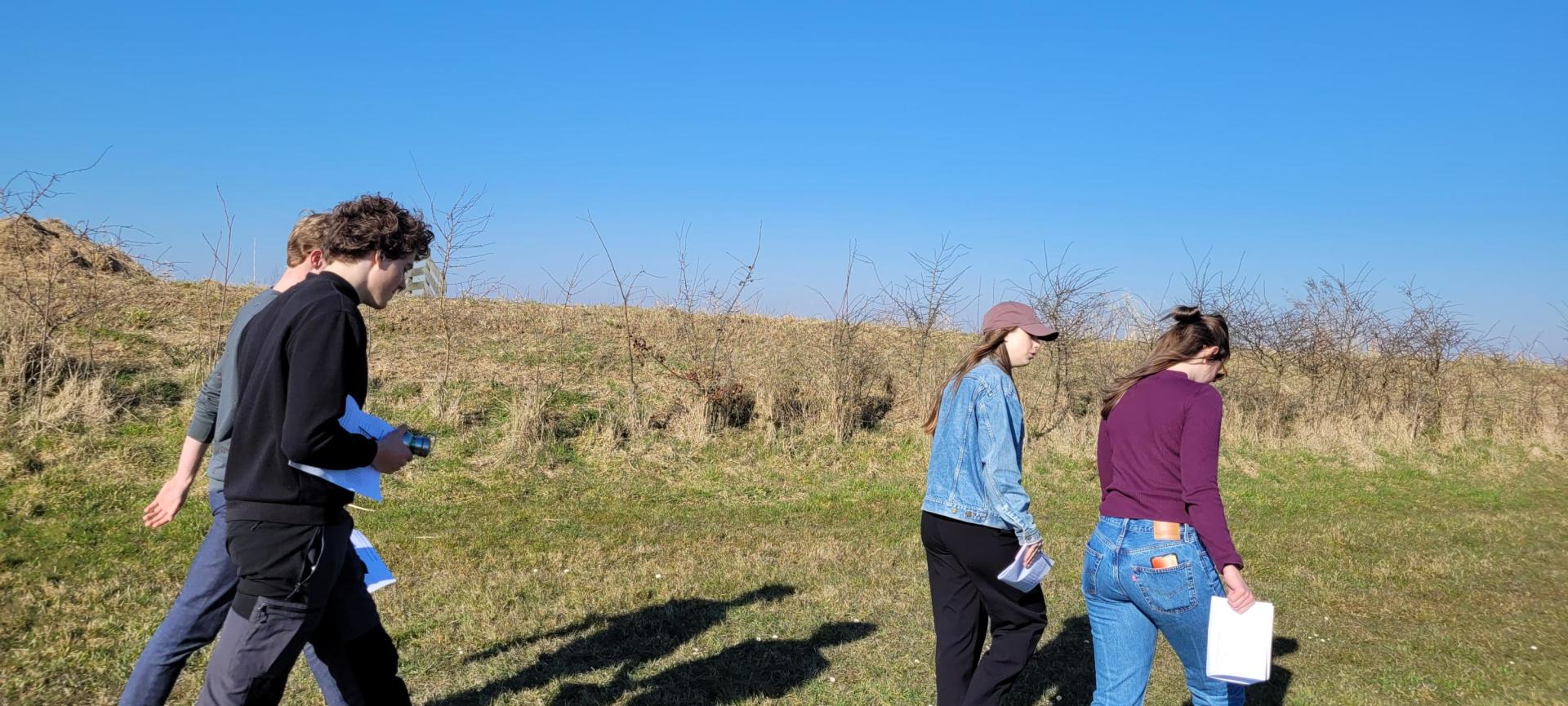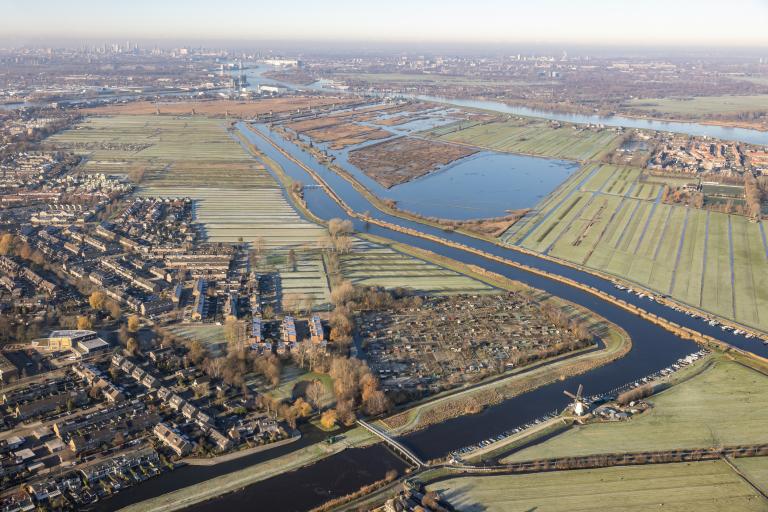

Current sustainability efforts focus on improving efficiency within existing systems. But progress is slow and constrained, often limited by the need for profit and growth. As a result, we continue to exceed planetary boundaries and we risk missing climate goals. Regeneration offers a more holistic approach, centered on growth, resilience, and nature's ability to restore itself. Life is central and used as a basis for design. Regeneration goes beyond minimizing harm to creating a positive impact.
The shift from sustainability to regeneration requires not only innovation and policy change, but also a fundamental transformation in how we think and act. To drive this change, we must step out of our comfort zones and embrace new values. Creative thinkers—artists, designers, and even technologies like AI—can unlock new perspectives and help envision regenerative futures.
We are actively exploring this regenerative approach by encouraging interdisciplinary collaboration between students, scientists, and professionals across fields like human sciences, art, and technology. Interesting in joining our community? Contact Elise Blondel: e.h.m.blondel@cml.leidenuniv.nl.
INTERVIEW

Regeneratief onderwijs brengt studenten bij hun persoonlijke missie
Wat goed is voor de aarde, is goed voor de mens. En wie zich geworteld voelt, verbonden met de natuur, kan daaraan kracht, moed én kennis ontlenen. Voor Bas van den Berg, associate professor Regeneration aan de Haagse Hogeschool, heeft dit gegeven grote implicaties voor het onderwijs. “Docenten zijn op aarde om mensen hun plek in de wereld te laten vinden, zodat zij kunnen bijdragen aan een gezonde planeet.”
News



